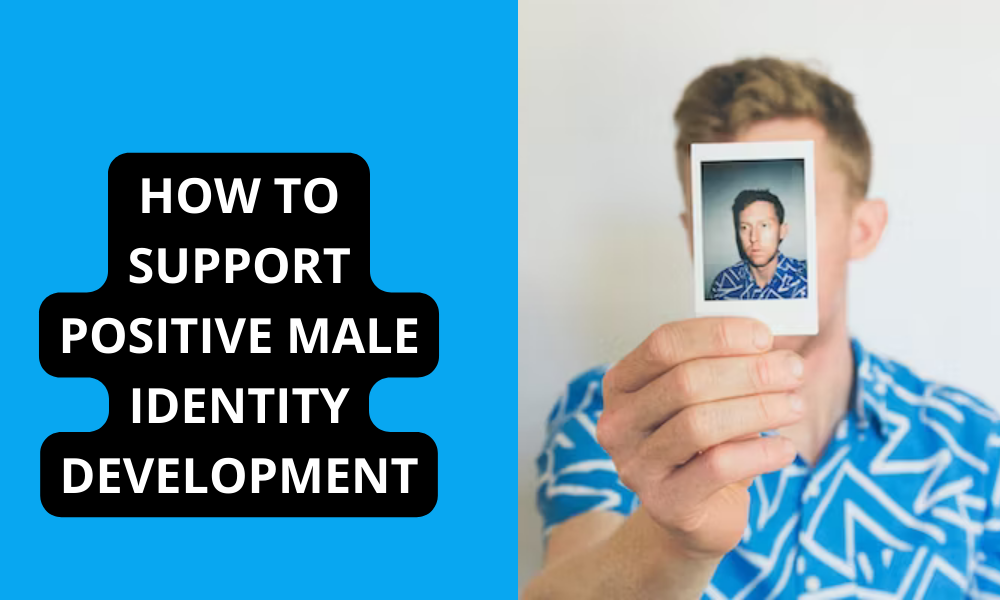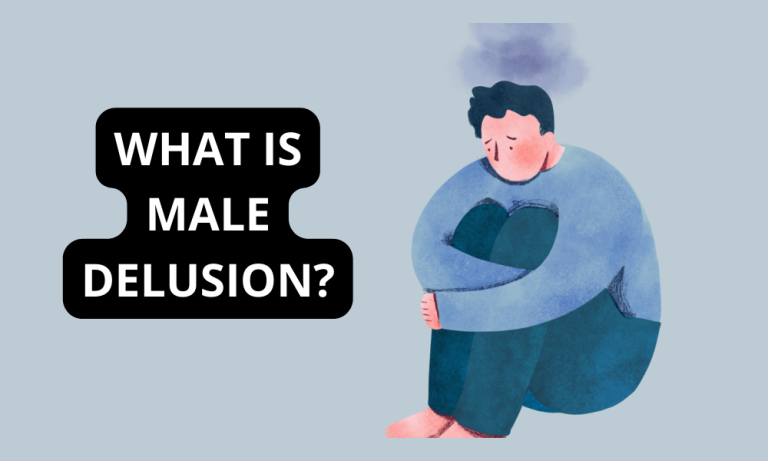How to Support Positive Male Identity Development?

In today’s society, male identity development faces many challenges. Boys are bombarded with contradictory messages about what it means to be a man from a young age. On one hand, mainstream media and online culture still promote narrow, toxic definitions of masculinity that emphasize domination, suppression of emotion, and objectification of women. However, there is also a growing movement toward advocating for healthy masculinity and empowering men to pursue diverse life paths.
This article aims to provide mentors with a framework and practical strategies for empowering the youth in their lives to build confidence rooted in well-rounded masculinity. By nurturing secure attachment, promoting self-care, expanding narrow definitions, cultivating purpose and values, and addressing challenges supportively, caring individuals have immense power to shape the landscape of men’s mental health and relationships for generations to come.
Understanding Male Identity Formation
Male identity is complex and develops gradually over many years. During childhood and adolescence especially, boys rely heavily on external influences to shape their sense of self. As they move through school and begin to socialize independently, peers can become a dominant force in how they see themselves as men.
At the same time, society bombards young males with narrow or toxic messages about masculinity through various media. This barrage of conflicting information can make establishing a balanced self-identity very challenging without support. As mentors, it is important we provide anchors to help boys build resilience and determine their own healthy definitions of manhood.
Promoting Self-Worth Through Unconditional Support
One of the most impactful things we can offer is unconditional positive regard. Boys need to feel truly seen, accepted and valued for who they are – not based on achievements or how well they conform to any stereotypes. When a young man knows he is loved deeply and uniquely as an individual, it gives him the security to develop confidence in his inherent self-worth.
This supportive foundation allows room for mistakes and learning and empowers him to walk his own path. Some specific ways to demonstrate unconditional support include actively listening without judgment, celebrating small wins as well as big successes, and affirming positive qualities and traits you see in him each day.
Expanding Narrow Views of Masculinity
Our role is also to help boys see that manhood is not defined by any single mold. Too often, pop culture and even people’s unconscious biases hint that “real men” must be dominating, emotionless, or obsessed with competition/status. This boxed-in perspective is destructive for mental health as well as relationships.
We can broaden the conversation by exposing boys to diverse male role models who show other qualities like empathy, collaboration, caregiving or pursuing non-traditional hobbies/careers. Normalize discussions about emotions and encourage free expression of feelings. Affirm that it’s okay and even strength to be multifaceted and sensitive.
Promoting Healthy Self-Care and Relationships
Promoting healthy behaviors and relationship skills also sets boys up for success in developing identity. Teach self-care holistically by modeling work-life balance, exercise, nutrition, rest and stress management. Discuss the importance of emotional intelligence skills like communicating needs respectfully and managing conflict constructively.

Help to recognize the signs of unhealthy attachments like people-pleasing or aggression, and reinforce that fulfilling bonds are built on mutual care, trust and respect – not dominance or competition. By mentoring boys in strong self-love and collaboration early, their identities can roots in well-rounded confidence and care for others.
Cultivating Purpose and Values
A young person needs guiding moral and life principles to feel grounded. As mentors, encourage thoughtful discussion about personal values, purpose, meaning and goals beyond surface interests. Help explore natural strengths, passions or causes they may want to dedicate themselves to over time. When a young man feels he has intrinsic direction and the support to follow it, he finds empowerment in his own definition and expression of masculinity. You can try the Men Delusion Calculator to analyze your perceptions.
Common Challenges and When to Seek Additional Support
While the majority of healthy identity formation requires compassion and consistency from caring role models, some youth may face deeper struggles that require professional help.
- Watch for prolonged patterns of low self-worth, anger issues, social disconnection, criminal behaviors, substance abuse or thoughts of self-harm and get appropriate assessments or therapy.
- Preventative care and early interventions give the best chance of overcoming hardship with resilience.
FAQs
What if a boy faces bullying or rejection for defying toxic masculine norms?
Reassure him that his inherent worth isn’t tied to the approval of others. Help process emotions from any hurtful encounters, then shift focus back to surrounding himself with people who appreciate him for who he is. His challenge can be turning criticism into motivation to spread more compassion.
How can mentors balance supporting boys while still holding them accountable?
Express care and generosity with wisdom and truth. Address concerning behaviors constructively by first listening to understand, then discussing impact and solutions respectfully. With unconditional positive regard as the foundation, caring accountability bolsters growth into responsible manhood.
What if a mentor struggles with their own biases around gender?
Commit to ongoing introspection and education. Admit limitations respectfully to those being mentored. Surround yourself with diverse advisors and content to broaden perspectives. Focus on nurturing inherent human dignity, empowerment and care in all people through compassionate example and facilitation of respectful dialog. Humility serves everyone well in this complex work.
Final Thoughts
Masculine identity is a developmental journey that we all walk, guided by both internal strengths and external community. When mentors make the intentional choice each day to support healthy self-discovery in boys, it can quite literally change life trajectories and make the world a little bit better. Never underestimate your positive influence or a young person’s determination to become their best self with caring people in their corner.






